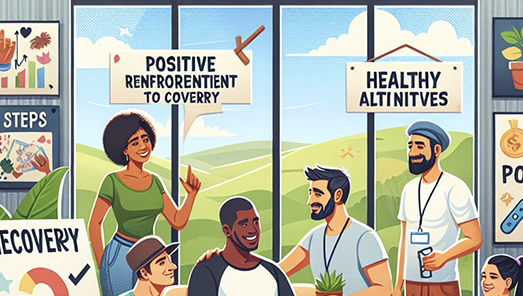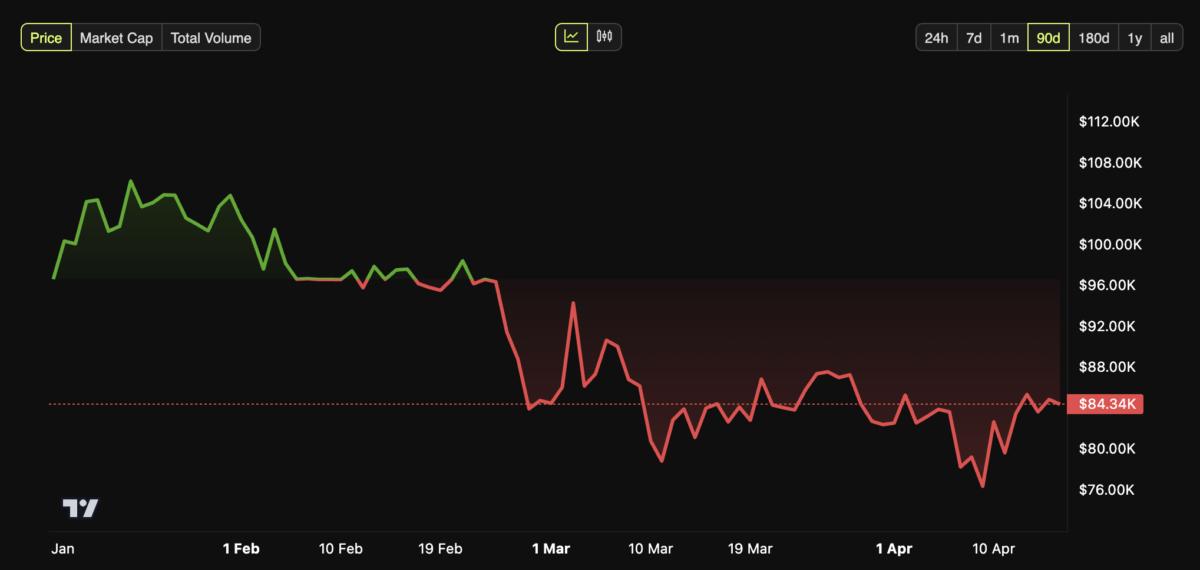How to Help a Friend Who Seems Addicted to Gambling

Gambling addiction can have serious consequences on an individual’s life and well-being. If you suspect a friend is struggling with gambling addiction, it’s essential to approach the situation with care and understanding. This article provides practical steps to help a friend who seems addicted to gambling.
Recognize the Signs of Gambling Addiction
Before you can help, it’s crucial to recognize the signs of gambling addiction. These may include:
- Preoccupation with Gambling: Constantly thinking about gambling or planning the next gambling venture.
- Increasing Bets: Needing to gamble with larger amounts of money to achieve the same thrill.
- Chasing Losses: Continuing to gamble in an attempt to recover losses.
- Lying or Secrecy: Hiding the extent of gambling activities or lying about money and time spent gambling.
- Neglecting Responsibilities: Ignoring work, school, or family obligations due to gambling.
Approach with Compassion and Understanding
When addressing the issue, approach your friend with compassion and without judgment. Choose a time when they are calm and receptive. Use “I” statements to express your concerns, such as “I’ve noticed you seem stressed about gambling” instead of “You have a gambling problem.”
Offer Support, Not Criticism
Offer your support and let your friend know that you care about their well-being. Avoid criticizing or blaming them, as this can lead to defensiveness and denial. Encourage open and honest communication.
Encourage Professional Help
Suggesting professional help is a critical step. Encourage your friend to seek help from a therapist who specializes in gambling addiction. Many organizations offer support, such as:
- National Council on Problem Gambling: Provides resources and a helpline for those struggling with gambling addiction.
- Gamblers Anonymous: Offers a 12-step program and support groups for individuals facing gambling issues.
Help Identify Triggers
Work with your friend to identify triggers that lead to gambling. These could be stress, boredom, or certain social situations. Once identified, help them find healthier coping mechanisms, such as engaging in hobbies, exercising, or practicing relaxation techniques.
Promote Financial Responsibility
Gambling addiction often leads to financial difficulties. Help your friend regain control of their finances by:
- Creating a Budget: Assist them in creating a realistic budget that prioritizes essential expenses.
- Limiting Access to Money: Suggest having a trusted person manage their finances temporarily.
- Avoiding High-Risk Situations: Encourage avoiding places or events that promote gambling.
Stay Involved
Support is an ongoing process. Stay involved in your friend’s journey to recovery by:
- Checking In Regularly: Consistently check on their progress and offer encouragement.
- Participating in Activities Together: Engage in activities that do not involve gambling to reinforce positive behavior.
- Being Patient: Understand that recovery is a long-term process that may involve setbacks.
Conclusion
Helping a friend with a gambling addiction requires patience, empathy, and continuous support. By recognizing the signs, approaching the situation with compassion, and encouraging professional help, you can play a vital role in their journey to recovery. Promote healthy habits, offer financial guidance, and remain involved to help your friend overcome their addiction.








